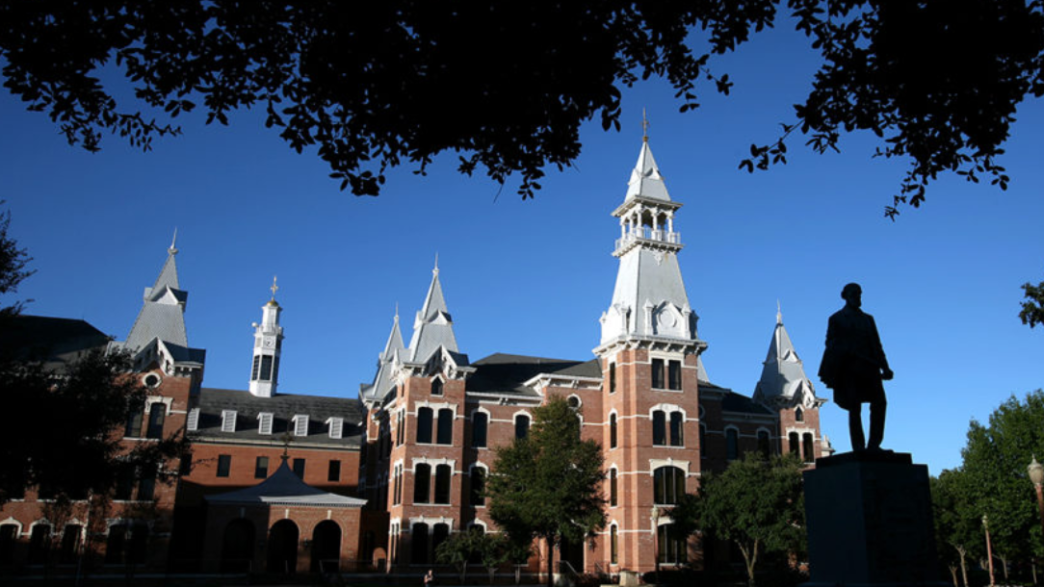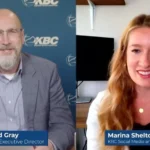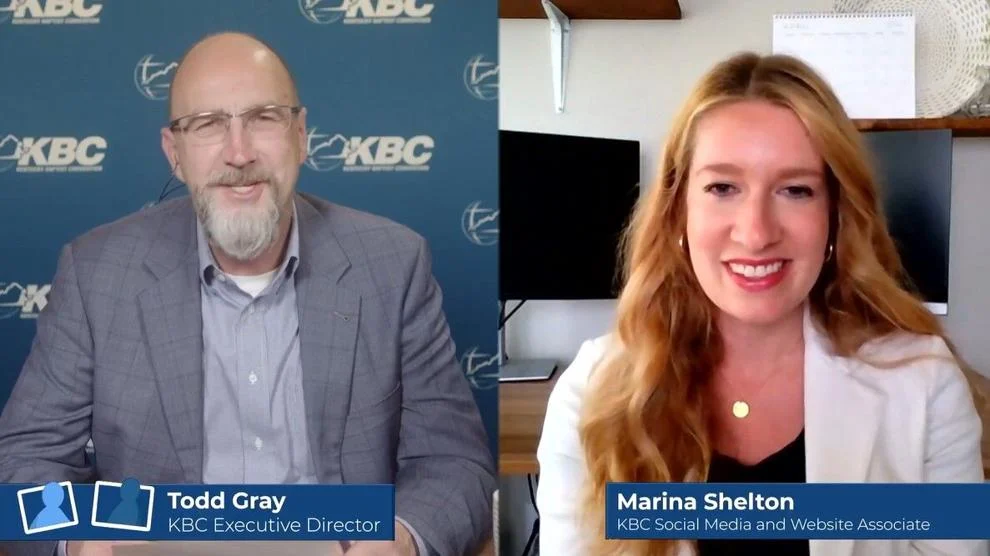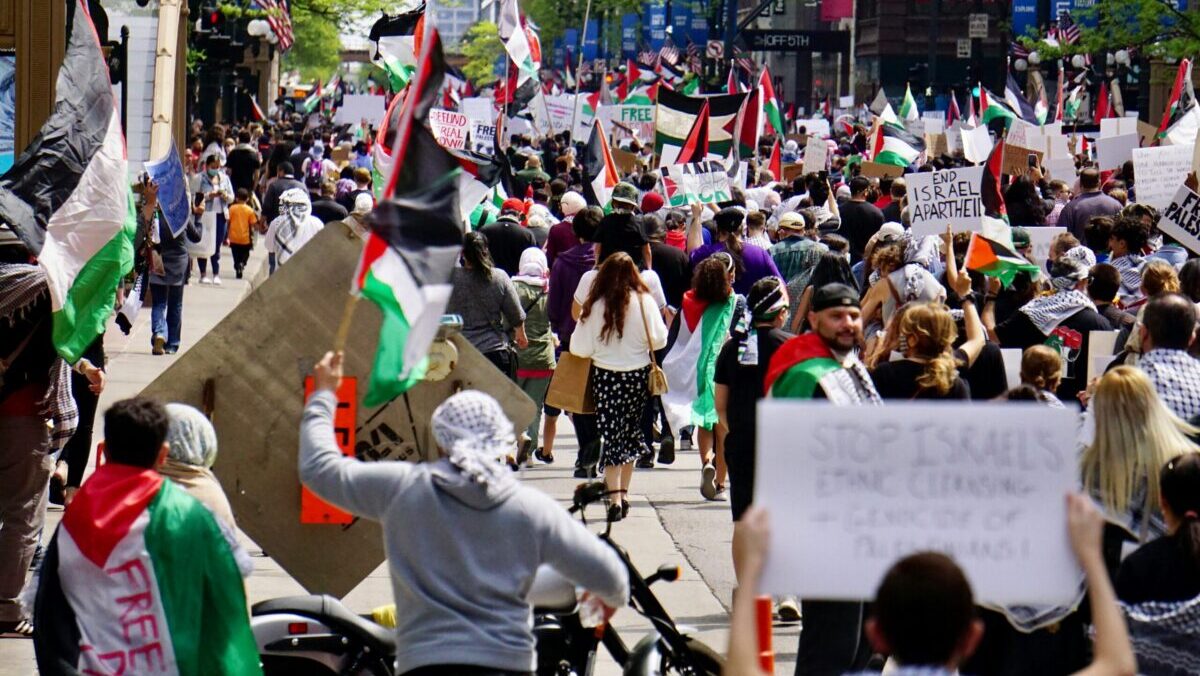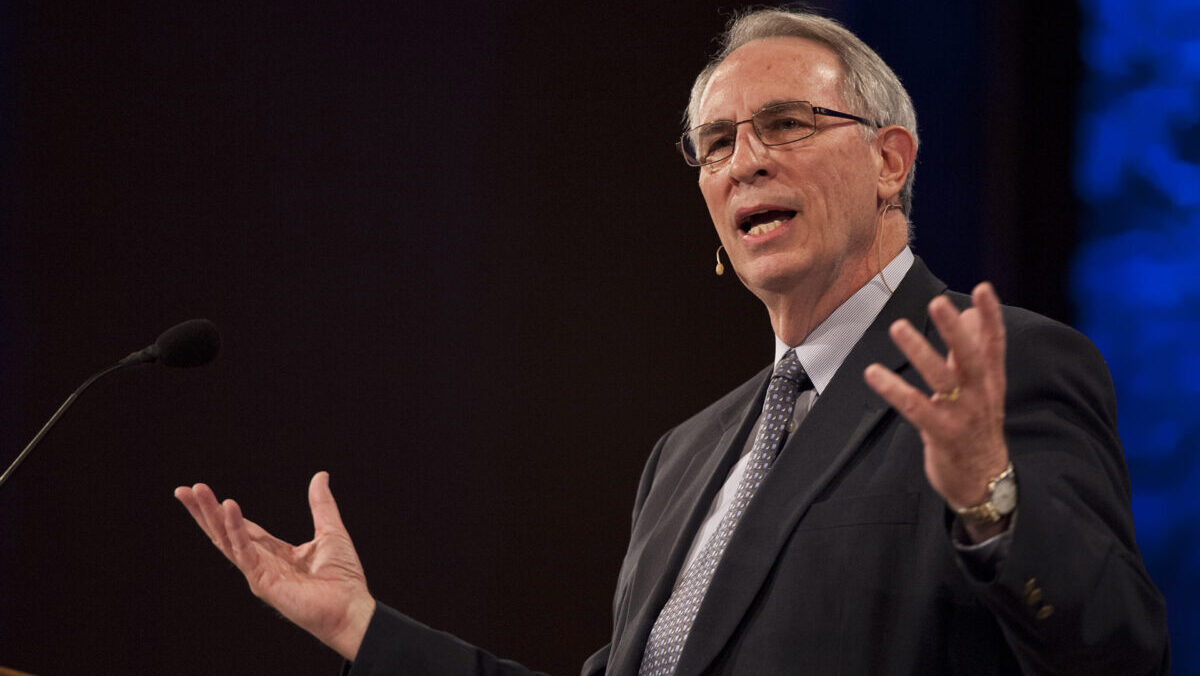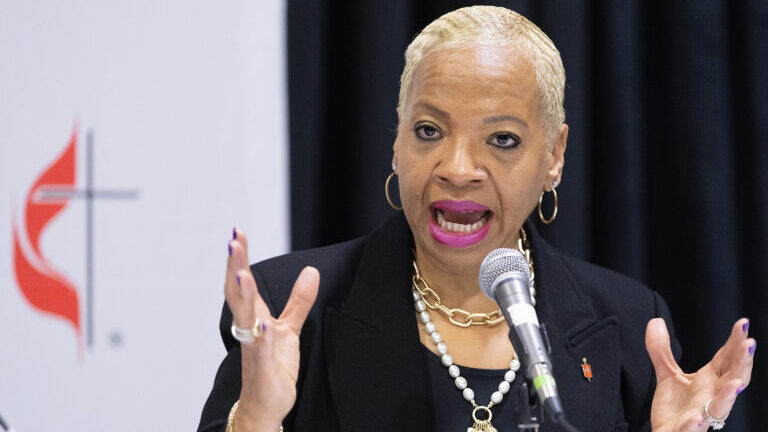Baylor University will remove the statue of slaveholding former president Rufus Burleson from the quadrangle that has borne his name and add to Founders Mall a space recognizing unknown enslaved people connected to Baylor’s early years.
At its May 20 meeting, Baylor’s board of regents approved a four-phase framework to implement many of the recommendations of the Commission on Historic Campus Representations.
As part of the initial phase in the plan the regents approved, Baylor will move the statue of Rufus Burleson to a less prominent location near Georgia Burleson Hall and rename its previous home simply “The Quadrangle.” The university also will add additional signage to tell a more complete history of the Burleson family.
The historic bells on The Quadrangle — believed to have been used on slave-labor plantations before they were given to the university — will be relocated to the site of Baylor’s original campus at Independence.
‘Tell the university’s complete story’
“Our goal at the outset of this process was not to erase Baylor’s history, but rather to tell the university’s complete story by taking an additive approach as we shine light on the past,” Board Chair Mark Rountree of Dallas said.
“Some of the facts uncovered about the university’s history have indeed been painful, but it is important that we move forward together as the Baylor Family through an intentional process of reckoning, repentance, reconciliation and redemption.”
In researching founding figures in Baylor’s history, the commission discovered Burleson — who served twice as Baylor’s president — not only was a chaplain in the Confederate army, but also owned at least one enslaved person.
As university president, Burleson encouraged male students to fight for the Confederacy, and after the war, he continued to voice support for the “Lost Cause.”
Ironically, Burleson also was instrumental in founding Bishop College, a historically Black school, and in forming New Hope Baptist Church in Waco, an African American congregation.
Devote space on Founders Mall to the unknown enslaved
Also as part of the initial phase of the regent-approved plan, Baylor will select a comprehensive design firm to develop an area on Founders Mall dedicated to the unknown enslaved people who were part of Baylor’s founding and the creation of its campus. It will be designed as a place of reflection and contemplation, with water and light features.
The statue of Judge R.E.B. Baylor — whom the commission discovered owned 33 enslaved people in 1860 — will remain in place, but additional signage will be added to tell a more complete story.
“It’s extremely important that our physical campus represents the diverse, welcoming community that embodies the Baylor Family,” President Linda Livingstone said. “Our work to date has been very strategic and intentional as we delicately weave the gospel story and complete history of the university into our existing physical and online spaces.
“This work ultimately will provide not only the appropriate recognitions, but also will create new areas of reflection, gathering and community in the center of campus for students, faculty, staff, alumni and guests. Our intent is for the historic heart of campus to be transformed into a vibrant, welcoming hub of activity and events.”
EDITOR’S NOTE — This story was originally based on reporting by Lori Fogleman and published by Baptist Standard.

